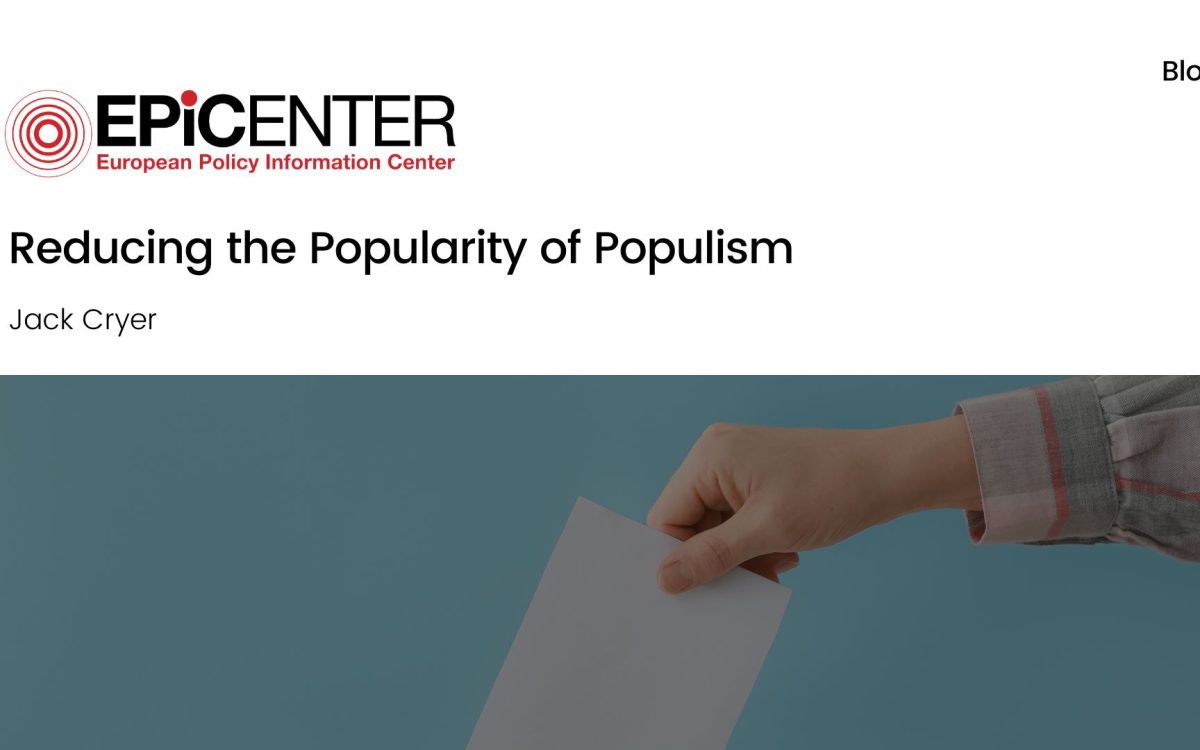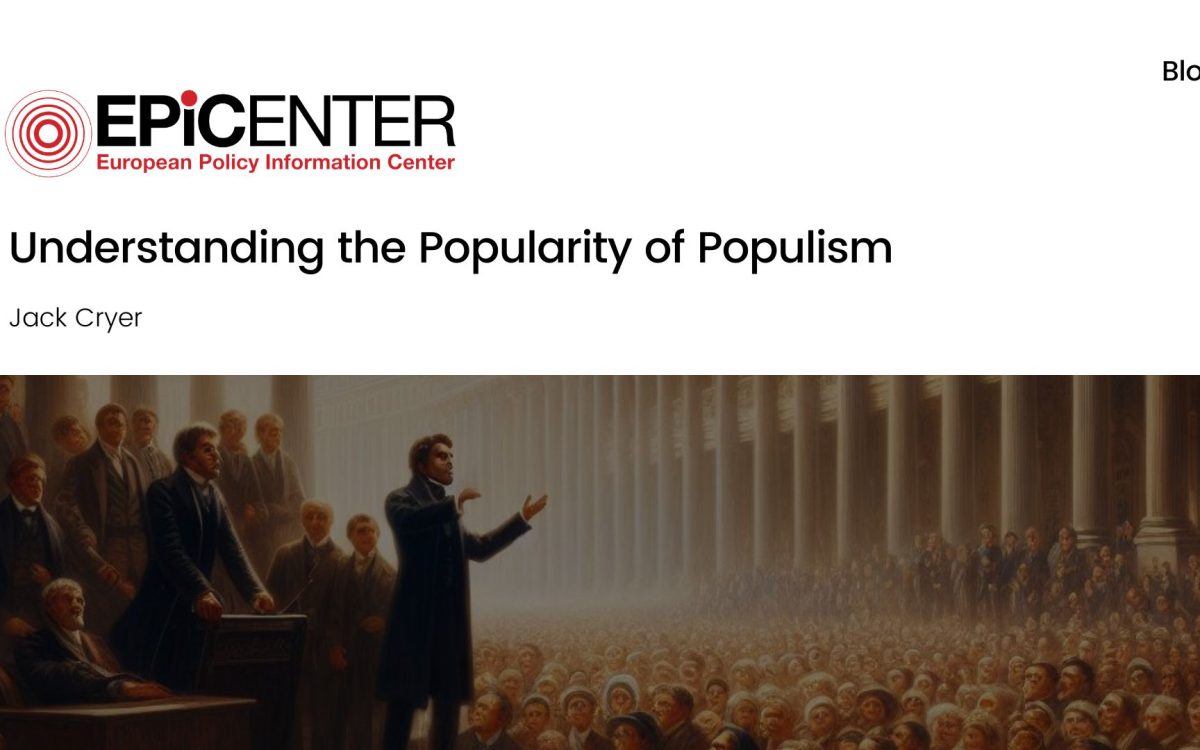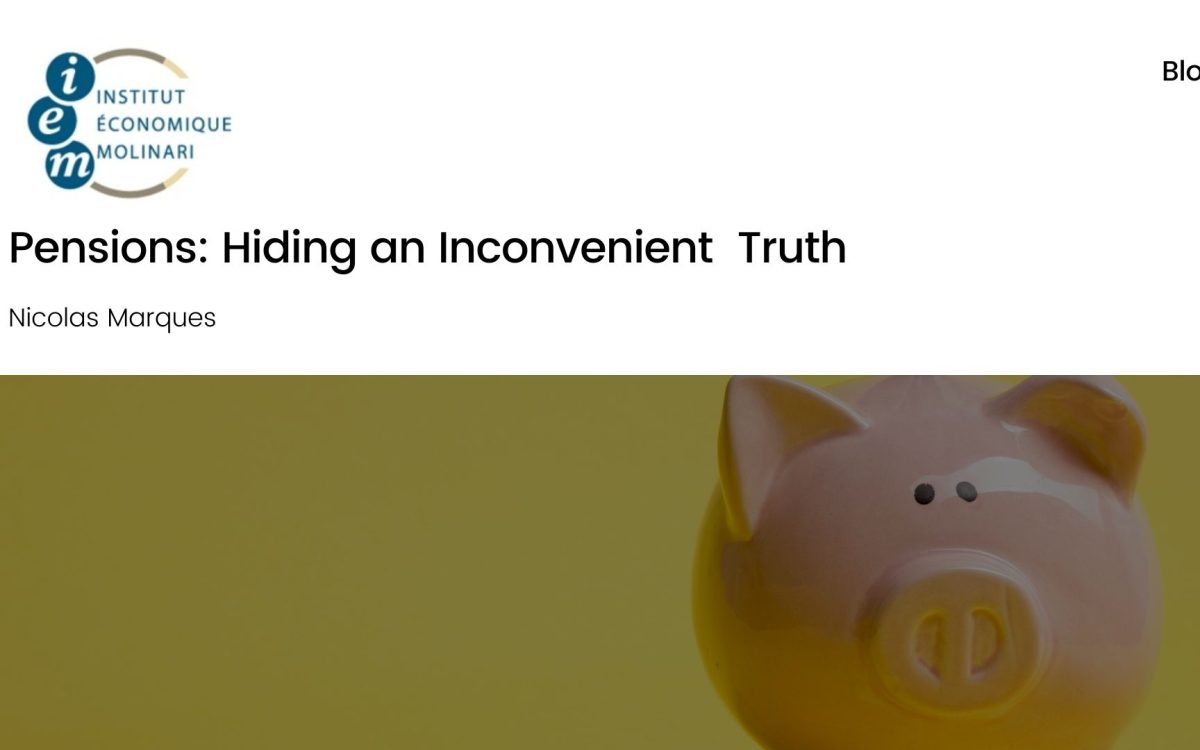The Future of European Democracy

The Future of European Democracy
Julia Pieza // 10 June 2021
The Conference on the Future of the Europe seeks to tackle the long-criticised ‘democratic deficit’ of the European Union with its emphasis on citizen involvement and deliberation via a digital platform launched in April 2021. At the time of writing, the platform has over 14,000 participants sharing ideas on nine policy areas ranging from climate change to youth and culture. However, this haphazardly designed experiment in a ‘bottom up’ democracy is not best-suited to creating pan-European policies.
The EU’s ‘democratic deficit’ is best understood in the context of the Union’s history. Since the Maastricht (1992) and Lisbon (2009) Treaties, the areas in which the EU exerts influence have increased via the exclusive and shared competencies framework which now includes aspects of social policy such as public health. However, some argue that this this transfer of policy-making power from national governments to the EU has not led to a proportional increase of direct democracy at the European level, thus creating a democratic deficit for European citizens. This criticism is usually levelled against the unelected European Commission, which is not held accountable to the average European citizen despite being the only EU institution who can propose legislation.
In a recent IEA debate on democracy, Garret Jones explored reasons why distancing the EU’s policymaker, the Commission, from ordinary voters may promote better outcomes. Having ‘10% less democracy’ as he calls it, allows for better governance removed from the cycles of elections that lend themselves to populists promising quick solutions. In many cases, member states are the best equipped to deliver on social policies such as public health or education which consider local dynamics and intricacies whilst having a clear mandate from national voters.
There are several shortcomings to the design of the digital platform as a basis for pan-European policies. First, up until its launch the Conference was marred by in-fighting between the EU’s institutions and leaders over the Chairmanship as well as the final outcomes of the digital platform. In 2020, the Commission had also removed references to possible Treaty changes from the Conference’s plans, which limits the likelihood of citizens making significant changes to EU policies. Politico has already called on European citizens to ‘hijack’ the Conference so that it does not end up as an ‘unproductive talking shop’. Furthermore, journalists have concerns about how the digital platform will be moderated so that it is not co-opted by NGOs or becomes a ‘digital misinformation mill’.
Whether the participants of the digital platform’s discussions will adequately reflect and represent all populations in the EU is another valid concern. It is likely that participants who are aware of the platform are more likely to favour greater integration, as well as having the time and means to access the platform and voice their policy ideas. Thus, while promoting such multinational political engagement is an admirable goal, it is unlikely to adequately reflect a significant proportion of the EU’s diverse populations.
The dissatisfaction of European citizens with their perceived power over the outcomes of EU policies cannot be ignored but it also points towards a larger democratic crisis. In November 2020 a Eurobarometer survey revealed that 92% of participants believed EU citizens’ voices should be taken more into account more, and this sentiment became the driving force of the Conference. However, Europeans’ trust in national governments also plays a role in this statistic. According to Pew Research from 2020, 58% of French respondents believed that their elected officials did not care what ordinary people thought, with general democratic satisfaction varying drastically across European countries. This suggests that European citizens’ opinions are framed both by dissatisfaction with national politics as well as leading Eurobarometer questions.
The EU should not abandon the digital platform but rather strengthen the representative democracy that already exists in its institutions. This could be done by increasing the powers of the European Parliament to allow it to propose legislation if supported by a large majority of the political groups. Or by tackling low voter turnout in parliamentary elections with innovations such as online voting or transnational electoral lists which could encourage greater pan-European political cooperation. Ultimately, tackling the issue of trust in representative democracy should become a greater priority for both the EU and national governments.
EPICENTER publications and contributions from our member think tanks are designed to promote the discussion of economic issues and the role of markets in solving economic and social problems. As with all EPICENTER publications, the views expressed here are those of the author and not EPICENTER or its member think tanks (which have no corporate view).



